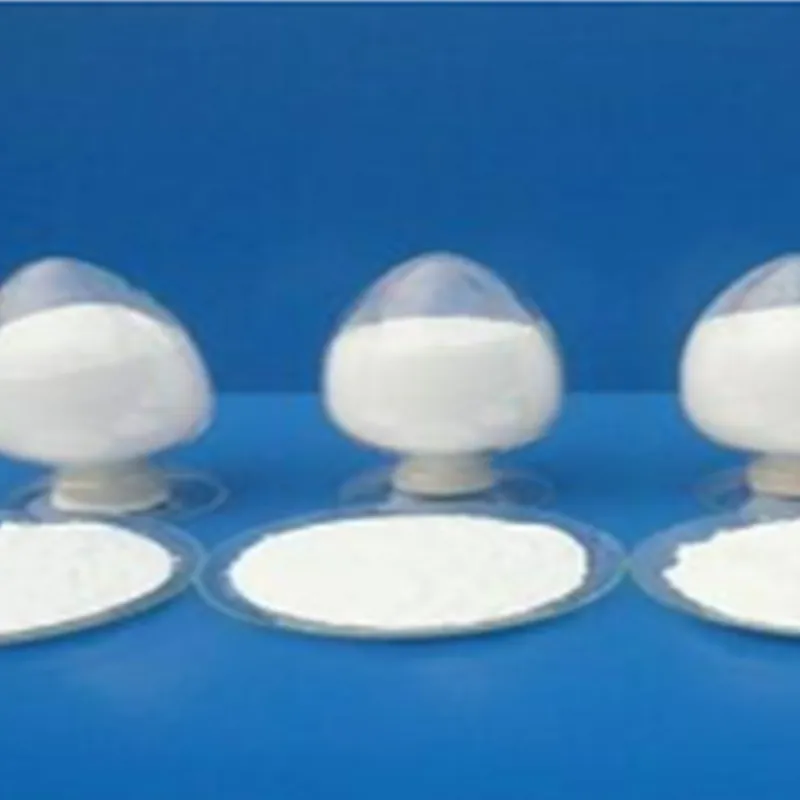
flour treatment agent
The Role of Flour Treatment Agents in Baking
In the world of baking, achieving the perfect loaf of bread or pastry is both an art and a science. One key component that bakers often work with is flour, but not just any flour—it's the flour treated with specific agents known as flour treatment agents. These agents play a significant role in enhancing the properties of flour, making it a more versatile ingredient for various baking needs.
What are Flour Treatment Agents?
Flour treatment agents are chemical compounds added to flour to improve its performance during mixing, fermentation, and baking. They can modify the flour's strength, dough stability, and overall quality of the final baked product. Common types of flour treatment agents include oxidizing agents, reducing agents, and enzymes, each serving a unique purpose.
Types of Flour Treatment Agents
1. Oxidizing Agents These substances, such as ascorbic acid (vitamin C), potassium bromate, and bleaching agents, stabilize the proteins in the flour. They promote the formation of gluten networks, leading to better dough elasticity and strength. This is especially crucial for bread baking, where a strong gluten structure is necessary for trapping gases produced during fermentation.
2. Reducing Agents In contrast to oxidizers, reducing agents like cysteine and sodium bisulfite help to break down the gluten structure. This can be beneficial for specific recipes where a softer dough is desired. It balances the effects of oxidizing agents and allows for greater flexibility in the dough, making it easier to handle for certain pastries.
3. Enzymes Enzymes such as amylase and lipase can naturally occur in flour or be added as treatment agents. Amylase helps break down starches into sugars, which not only improves fermentation but also enhances browning in baked goods. Lipase contributes to fat digestion, aiding in flavor development and extending shelf life.
Benefits of Using Flour Treatment Agents
flour treatment agent

The incorporation of flour treatment agents can greatly enhance the baking process and the quality of the final product. Here are some significant benefits
- Improved Dough Stability Treatment agents help maintain dough consistency during fermentation and shaping, reducing the likelihood of collapse or deformity in the final product. - Enhanced Texture and Volume With the right treatment agents, bakers can achieve a light, airy texture and increase the loaf's volume, resulting in bread that is both visually appealing and satisfying.
- Consistency in Results Using treated flour can lead to more predictable outcomes in baking, making it easier for both professional and home bakers to replicate successful recipes without the usual variability associated with untreated flour.
- Better Flavor Development With enzymes like amylase, flour treatment agents help develop a richer flavor profile, contributing to the complexity of baked items such as artisan bread and pastries.
Considerations for Use
While flour treatment agents offer many advantages, they should be used judiciously. The type and amount of treatment agent can vary significantly based on the desired characteristics of the baked good, and some agents may have legal restrictions in certain countries. Bakers should also be aware of potential allergens or sensitivities that might arise from specific chemical additives.
Conclusion
In conclusion, flour treatment agents are an invaluable resource in the baking industry. They enhance the quality of flour, improve the performance of dough, and ultimately contribute to the deliciousness of the final product. As consumers increasingly seek artisanal bread and quality pastries, the role of these treatment agents will continue to be critical in achieving the desired results. Understanding and skilled usage of flour treatment agents can elevate the art of baking, allowing both professionals and home bakers to create outstanding baked goods that delight the senses. With the right knowledge and application, the possibilities are truly limitless.
-
Why Glacial Acetic Acid Food Grade Is Essential in FlavorNewsMay.26,2025
-
Surging Export Growth of Food Additives in ChinaNewsMay.26,2025
-
How Ammonium Nitrate Fertilizer Boosts Crop YieldsNewsMay.26,2025
-
How 1,2,3-Benzotriazole Shields Plastics from UV DegradationNewsMay.26,2025
-
Cyanide in Gold Mining: Protecting People and the PlanetNewsMay.26,2025
-
Aluminum Hydroxide in Modern Sunscreen FormulationsNewsMay.26,2025
-
Understanding Synthetic Rubber OptionsNewsApr.27,2025
Hebei Tenger Chemical Technology Co., Ltd. focuses on the chemical industry and is committed to the export service of chemical raw materials.
-

view more DiethanolisopropanolamineIn the ever-growing field of chemical solutions, diethanolisopropanolamine (DEIPA) stands out as a versatile and important compound. Due to its unique chemical structure and properties, DEIPA is of interest to various industries including construction, personal care, and agriculture. -

view more TriisopropanolamineTriisopropanolamine (TIPA) alkanol amine substance, is a kind of alcohol amine compound with amino and alcohol hydroxyl, and because of its molecules contains both amino and hydroxyl. -

view more Tetramethyl Thiuram DisulfideTetramethyl thiuram disulfide, also known as TMTD, is a white to light-yellow powder with a distinct sulfur-like odor. It is soluble in organic solvents such as benzene, acetone, and ethyl acetate, making it highly versatile for use in different formulations. TMTD is known for its excellent vulcanization acceleration properties, which makes it a key ingredient in the production of rubber products. Additionally, it acts as an effective fungicide and bactericide, making it valuable in agricultural applications. Its high purity and stability ensure consistent performance, making it a preferred choice for manufacturers across various industries.











